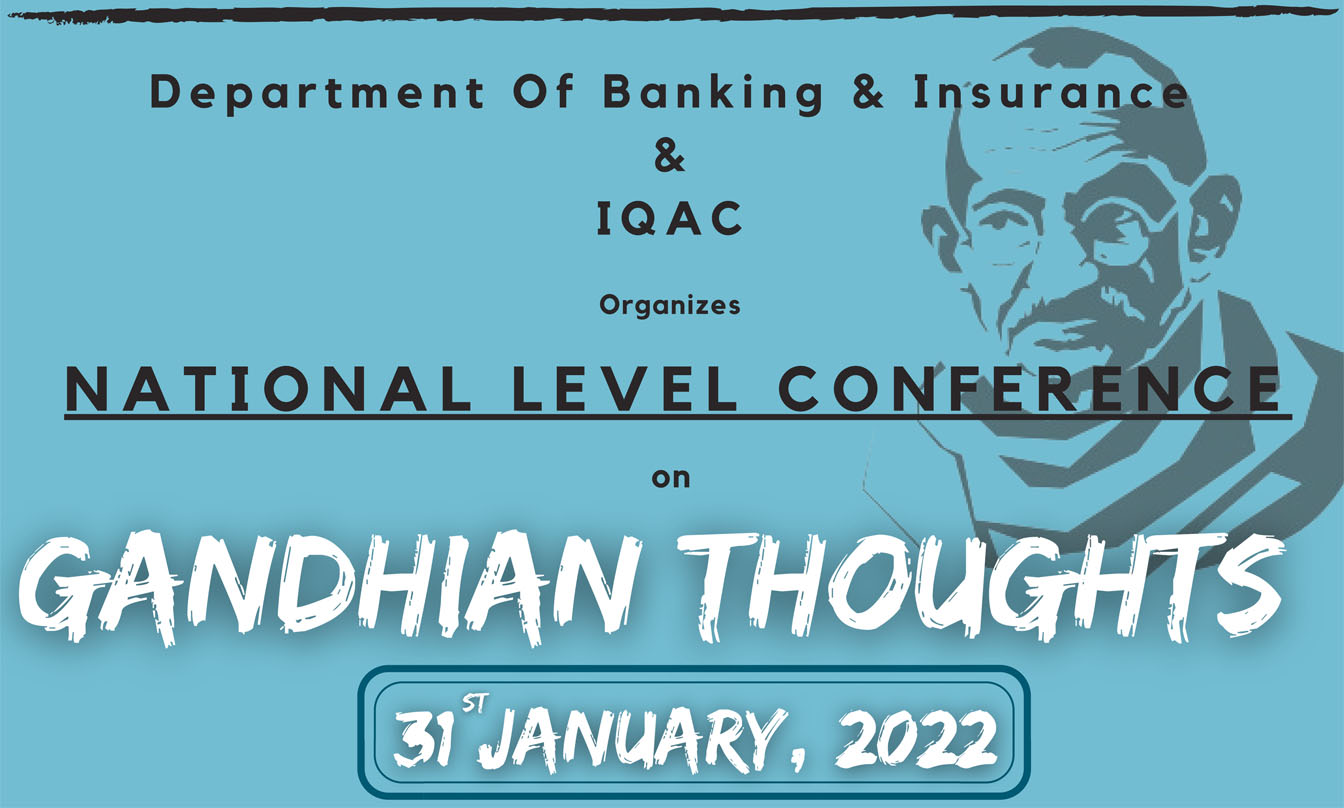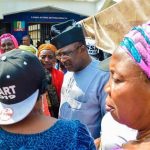I have always admired Basil Davidson as one of the most perceptive historians of the modern era. He has demonstrated a truly outstanding understanding of the complexities of African history; and his interpretations of the facts of our history, have always been very progressive. Those who remember his television project, AFRICA, might recollect that he argued that African’s present endeavours to build modern states, must be informed by the lessons of the success of its past experiences in the same endeavour. Basil Davidson had always argued that the taming of the African environment: Often hostile, a terrain of jungles and deserts, man-eating beasts, inhospitable terrains, killer diseases, etc, yet peopled and settled and where agriculture, pastoralism and civilisation were eventually constructed by our ancestors, ought to be recognised as some of the greatest achievements of human beings, on the planet earth. Those thoughts have not been largely popular in the colonial and racist redoubts of histography, especially in the western world. The most common stand traces directly to the German philosopher, Friedrich Hegel, who declared in his THE PHILOSPHY OF HISTORY, that “Africa proper, as far as history goes back, has remained for all purposes . . . the land of childhood, which lying beyond the day of history, is enveloped in the dark mantle of night.” It is this racist perception of Africa that has largely dominated the western historical scholarship about Africa. Luckily, it is this stand point which the works of Basil Davidson have challenged over the last forty years. And as we now know, it was that attitude of racism that such great African historians like the late Professor Kenneth Dike, consciously challenged in their entire career. I have made this historical excursion today, because of the looming National Conference in Nigeria, and the need for us in Northern Nigeria to consciously face the challenges that might arise when the conference eventually commences. There is a major struggle unfolding for the soul of the Nigerian nation, but its roots were planted a long time ago. We must therefore refresh our memories about the facts of history in order not to be swept away by the reactionary forces of ethnic and tribal chauvinism, who have control of the media of the South West, and have attempted to push us in the direction of “restructuring” Nigeria along ethnic or tribal lines. Our forefathers created the Emirate of Ilorin, and they were scholars of Fulani origin. However, they did not create a Fulani political entity. Our home is a melting pot of peoples: Hausa, Fulani, Gobir, Kanuri, Nupe, Gwari, Barba, and various Yoruba groups whose origins are very diverse, as they come from Oyo, Oshogbo, Ilobu, Ila, Ilesha and even Egba, to name a few. These different groups were united under the banner of Islam to build an Emirate, as part of the Sokoto caliphate that was strong enough, all through the late eighteenth and into the mid nineteenth centuries, to withstand several efforts to destroy it by a combination of forces of the Yoruba armies of the period. It was to be conquered by the British in February 1897, in the push against the Sokoto caliphate that ended with the conquest of Sokoto itself by Lugard in 1904. We therefore grew up in a very complex political and cultural environment, where the different peoples that make up our hometown had evolved as a MUSLIM people, where everybody remembers his origins alright, but was never defined in the narrow ‘tribal’ or ethnic terms that Chief Obafemi Awolowo, would later introduce into the discourse and practice of Nigerian politics from the l950s onwards, and which his disciples have continued to attempt to ram down our nation’s throat, ever since. Our own universe has always been far more complex and certainly more progressive than the narrow confines of ‘tribalism’ because the political practice that held our home town and most of what became Northern Nigeria together was derived directly from Islam, which by nature was all encompassing, emphasising our unity as part of an UIMMAH. It is this complexity and subtlety which allowed Muslims of Ijesha origin (the arch tribalist, Bola Ige’s people) to be the warriors who protected the flanks of the Fulani Emirs of Ilorin in those wars of old. It is also why the AJIA IJESHA (the head of the Ijesha clans of Ilorin) is the only person authorised to enter the bedroom of the Emir of Ilorin till this day. Not even the Balogun Fulani, the head of the Fulani groups, can do that in our tradition! If it was a tribal hegemony that was constructed in horn with the Jihad, it certainly would not make sense for an Ijesha man to defend a Fulani man’s hegemony, in the perverted ‘tribal’ sense of these people. These complexities and the creative balance that has kept us going have never been understood, much less respected by the triplets, led by the late Chief Obafemi Awolowo. Unfortunately, Chief Awolowo and his disciples did not seem able to correctly understand the complexities even of old Oyo empire, which was one of the great empires of West Africa. It was however, NOT an ethnic or ‘tribal’ empire, but a territorial empire, which took in other peoples, including the Fond of present day Republic of Benin, the Barba speaking peoples of Republic of Benin, and present day Kwara and Niger States and which had very remarkable relationships with the Nupe, the Hausa and even nomadic Fulani groups. This supra-ethnic, territorial entity of Oyo minored the trend across most of West Africa. However, the political practice of the EGBE OMO ODUDUWA which metamorphosed into AG, UPN and AFENIFERE have continued to be based on a misreading of these histories, insisting that Nigeria must be ‘restructured along ethnic’ lines (a project that has no antecedent even in Yoruba history!) We must decisively defeat this reactionary ethnic revisionist project and insist that Nigeria retains its character as a Federation of territorial states. Similarly, we must reject the madness of so- called geo-political regions, which Dr. Alex Ekwueme’s group was able to push through the Sani Abacha Constitutional Conference, because there can be no collapsing of our territorial states into such amorphous regions. The quest for such regions, especially if fashioned along ethnic lines, as Dr. Yusuf Bala Usman correctly showed, is a fascist project rooted in the agenda of the ethnic chauvinists, especially of the AFENIFERE cabal, to carve out zones of their own exclusive control, in a weak, Nigerian federation. Lets us rekindle our historical memories. During the First Republic, these people were against the regional set up in the country, because despite all their maneuver rings, Northern-based political parties were always going to win any free and fair, democratic elections in Nigeria. They therefore jubilated when the military intervened, and had hoped that the creation of states would destroy whatever remained of Northern solidarity. Subsequent political contests saw the North being able to forge alliances across the country to gain power, against the ethnic chauvinists of the Awolowo School. So a new agitation emerged to restructure Nigeria along ethnic lines, that will strengthen the Yoruba region, including even adding Yoruba-speaking parts of Kwara and Kogi States to their empire, leave other parts of the country, but especially the North, weakened. The entire game plan has always been to weaken the North; and in their warped minds, to undo the history that came in the wake of the Jihad of 1804, especially as it affected the Ilorin Emirate. This is why it is imperative for all those who represent the North at the conference to be aware of the importance of the historical issues that form the basis of the agitations that the AFENIFERE elite has systematically promoted in the media from the mid-1980s, about a Sovereign National Conference and which Obasanjo has finally acceded to. Or can we forget that the late Bola Ige said that he was in Obasanjo’s government, because he, Obasanjo, was implementing AFENIFERE’s agenda? Was it ever denied? Our forefathers built states of great complexities in pre-colonial Nigeria, with varying degrees of sophistication, grandeur and power. These states, such as Benin, old Oyo, Kanem Borno and the Sokoto caliphate, represented the ingenuity of the African peoples. Each of these states was built on the basis of a creative handling of the contradictions of existence and they cut across several linguistic lineages or ethnic groups and were territorially organised to give the components a secure place under the African sun. It was that process that was incorporated into the colonial territory that became the Federal Republic of Nigeria at independence in 1960. Those who negotiated our independence did not represent ‘tribes’, and Nigeria at the beginning of the twenty-first century should not be dragged back by men of the past such as Chief Anthony Enahoro who have presented a reactionary, anarchic and impractical blue print for a so-called ‘Ethnic Federations’ derived from the a-historical agenda of the late Chief Obafemi Awolowo. We must go to the Conference to affirm the Federal Republic of Nigeria and its territorial states, while organising with other patriots from across Nigeria for the devolution of more resources for development at the state and local levels. This is without destroying the ability of the federal centre to play a decisive role as a modem state should do in the development process. This is especially important in the context of Nigeria’s potentials as the regional power in West Africa. It is also important to understand that at the base of the hydra-headed problems of Nigeria today is the failure of our neo-colonial model of development. The debt burden has allowed the imperialists to impose on our country a neo-liberal economic model. That model obliges the ruling elite to pay the odious foreign debts, curtail social services, privatise our national assets and deepen subservience to the international capitalist system. In implementing these policies, the state is unable to cater for the social needs of the Nigeria people in education, healthcare and employment. But these problems are mis-interpreted by reactionary elites as problems of ethnicity or religious marginalisation. These are people who in essence are afraid of democratic politics, despite all their noise making. We must therefore defeat all efforts to reduce us to their own primitive levels of ‘tribalism’ or ethnic restructuring. We are heirs to a more complex pattern of organisation of society, as our history has shown. We must fight for our heritage of pluralism at the National Conference. That is the way to move Nigeria forward in the twenty-first century.
THOUGHTS ON THE NATIONAL CONFERENCE


